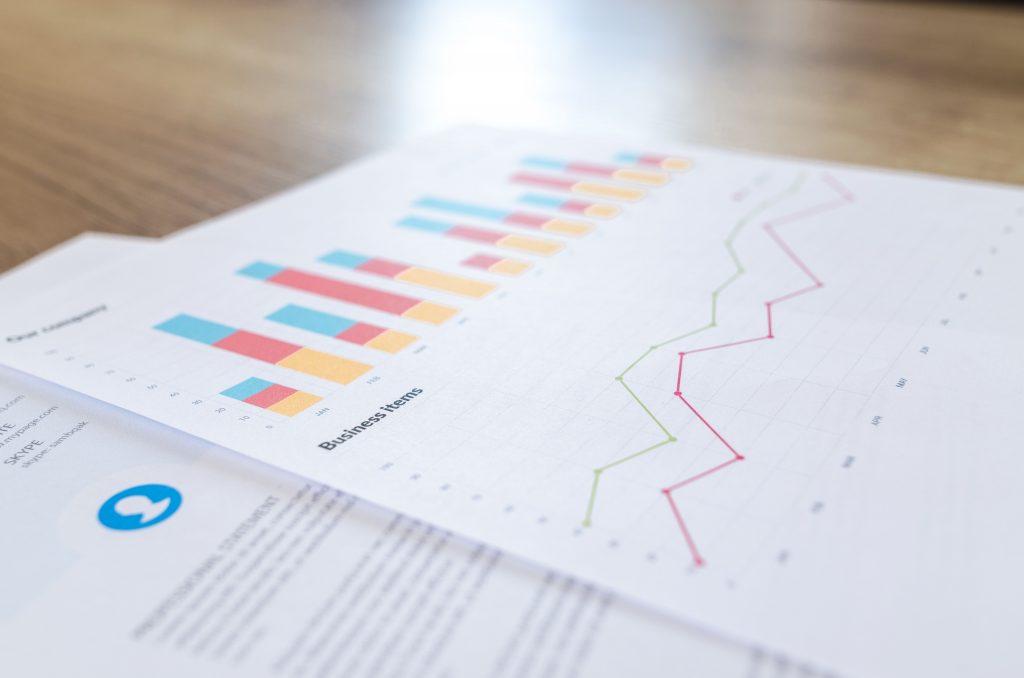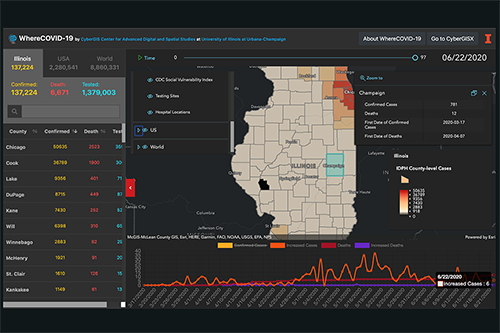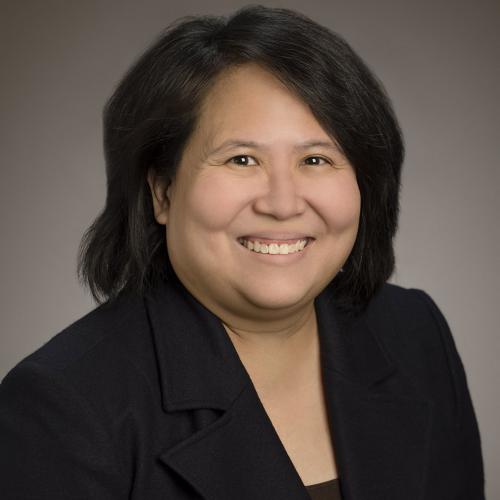

CyberGIS Center produces platform to track and help prevent COVID-19
The CyberGIS Center for Advanced Digital and Spatial Studies (CyberGIS Center) at U of I has teamed with the state of Illinois to produce a system of interactive maps, charts, and animations to better help understand and prevent the spread of COVID-19. Called WhereCOVID-19, the project aims to support decision-making in regards to COVID-19 by answering critical “where” questions.

CHIME in Illinois brings together students, international public health agencies
With the advent of the COVID-19 pandemic, many public health organizations have found themselves overwhelmed by the need to make fast, data-focused operation decisions, but often they do not have enough staff with the necessary data science skills. The University of Illinois, meanwhile, has a diverse student population with strong technical skills and professional expertise who would like to help combat the pandemic but do not know how to get involved.

Holistic approach best for tackling nonmedical drug use, study finds
Health practitioners are constantly developing new ways to help those with drug and alcohol addictions wean themselves from their substance of choice. Most such programs have limited success, however. A new study finds that interventions that take a multidimensional approach – tackling the biological, social, environmental and mental health obstacles to overcome while also addressing a person’s substance use – work best for those hoping to stop using drugs.

Loss of senses of smell, taste could identify COVID-19 carriers
Professor of food science and human nutrition M. Yanina Pepino is a member of the Global Consortium for Chemosensory Research. The group, which includes experts from 38 countries, is gathering data on the loss of smell and taste perception among people with respiratory illnesses such as COVID-19 to determine whether impairment of these senses can predict people who may be carriers.

How can researchers predict social behavior during pandemics to enhance public health policies?
Eunice E. Santos, the dean of the School of Information Sciences, studies how computational models can help explain social behaviors and the factors that influence decision-making during pandemics.

Brooks presents research at WHO meeting on COVID-19 “infodemic”
Ian Brooks, iSchool research scientist and director of the Center for Health Informatics, and Sebastian Garcia Saiso, director of the Department of Evidence and Intelligence for Action in Health for the Pan American Health Organization (PAHO), presented their preliminary social media analytics research on COVID-19 at the World Health Organization (WHO).

New commitment to health data will improve health policy in the Americas
A new plan of action to improve information systems for health (IS4H) was approved ton October 2, 2019 by ministers of health of the Americas. The plan will ensure better collection and management of data to inform decision-making, policy development, and monitoring and forecasting for the Region’s health situation.

Brooks presents state of health informatics to regional Ministers of Health
Director of the Center for Health Informatics Ian Brooks gave an invited talk on health informatics at “Celebrating 25 Years of the Core Health Indicators,” a side event held on September 30 during the 57th Session of the Pan-American Health Organization (PAHO) Directing Council. PAHO is the regional office of the World Health Organization.
